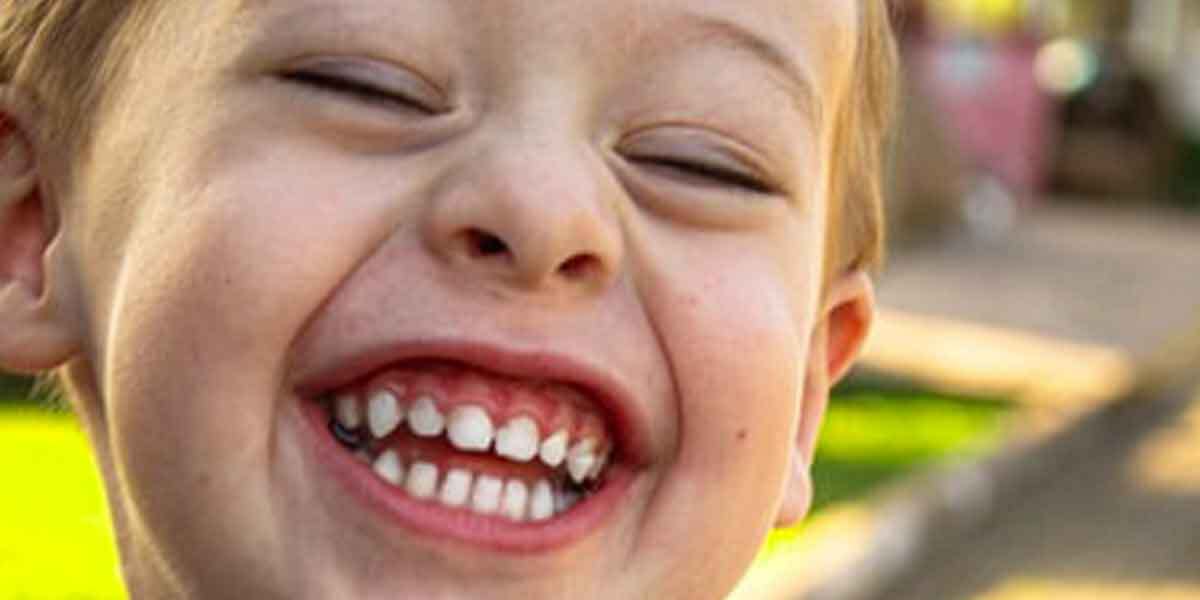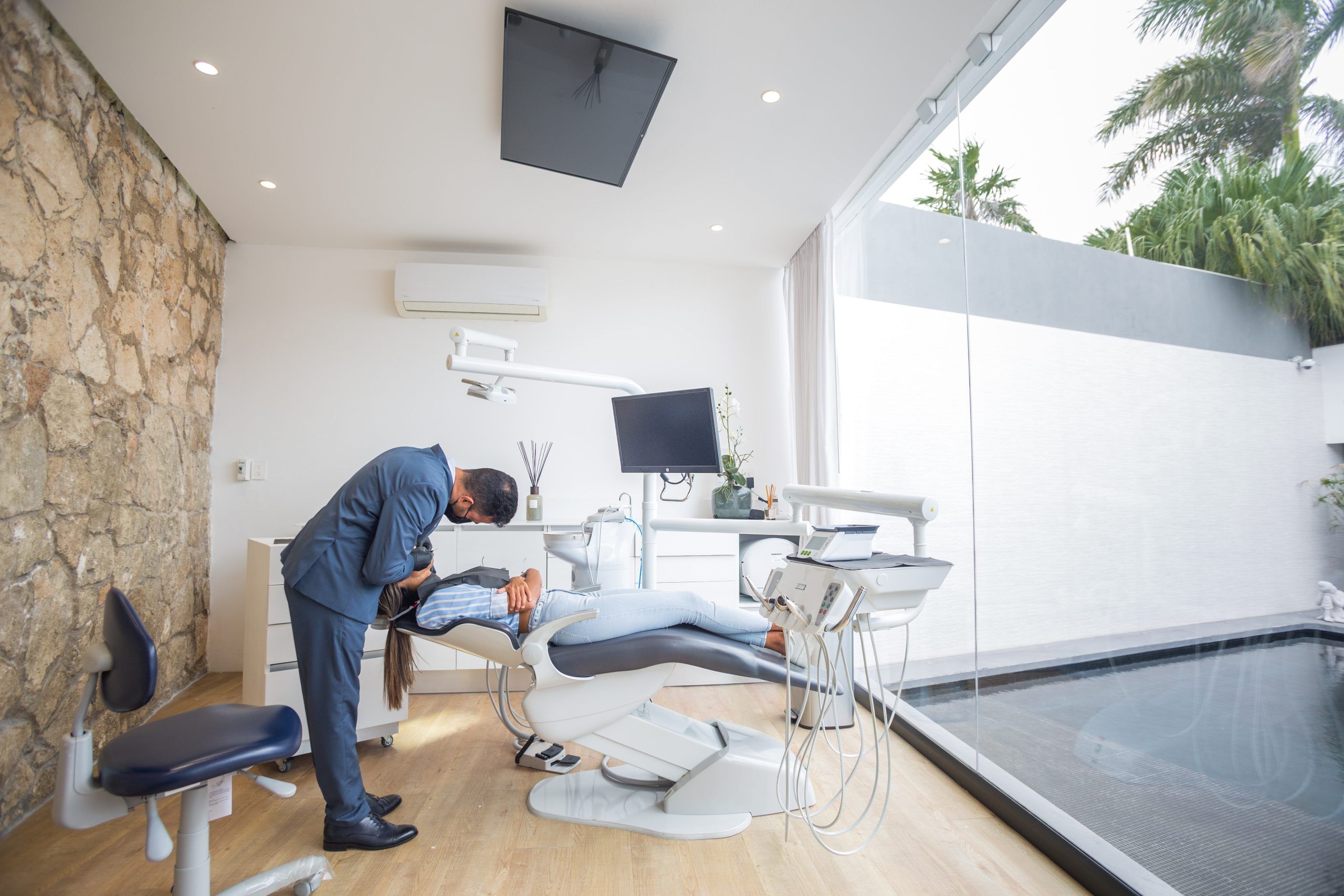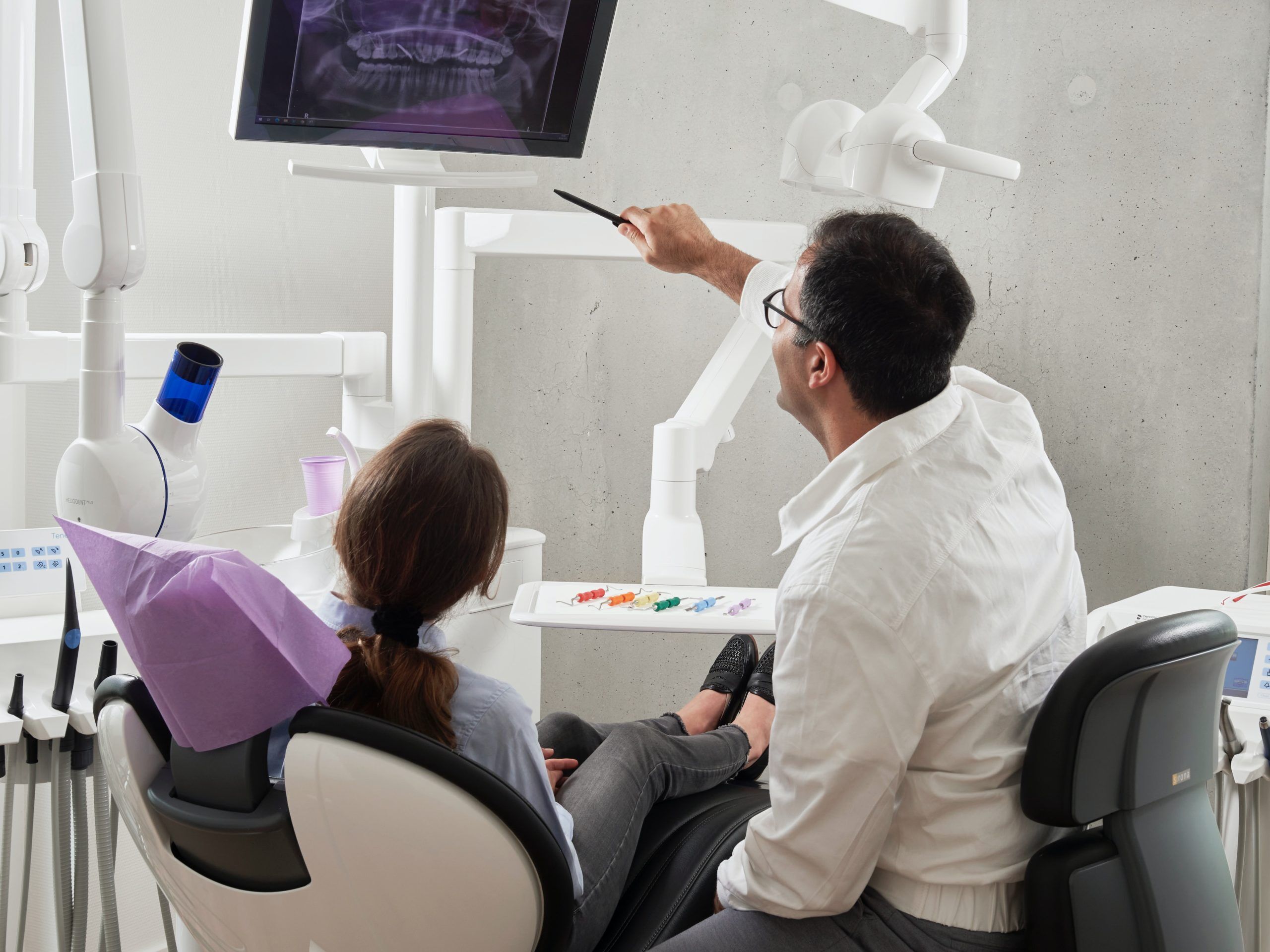Author: nearmedental
Early childhood is a time when we work on our teeth. They are essential for us to later in life. Our teeth give us a way to express ourselves and, of course, they are necessary for chewing food. If we fail to properly take care of our kid’s baby teeth, it will be too late one day. In this article, you will learn why dental hygiene should be your number one concern starting from the very first moment when you bring your child home and why baby teeth care is essential.
Why Should You Care for Your Baby’s Gums?
You should care for your baby’s gums. They are vital for us when we are an adult. Our teeth help us to express ourselves, and they are essential when we eat food. If you don’t clean your baby’s teeth, one day, you will not be able to take care of them anymore.
Brushing Your Baby’s Teeth
Why Baby Teeth Care is Important: Preventing Cavities.
To prevent cavities, you should brush your baby’s teeth once a day before bedtime. It would help if you also used fluoridated toothpaste, a healthy choice for a healthy smile. The fluoride in the toothpaste will help fight tooth decay and protect your baby’s teeth from bacteria.
During the first two years of your baby’s life, you should use a toothbrush with soft bristles. It is crucial to start this habit early on because cavities can be caused by bacteria that build up in baby teeth. It would help if you brushed your child’s teeth twice each day – once before bedtime and once after breakfast.
Why Baby Teeth Care is Important: Oral Hygiene
The American Academy of Pediatric Dentistry believes that parents should be very vigilant regarding oral hygiene for babies. Parents should brush their child’s teeth twice daily, once after breakfast and once before bedtime. They should also use fluoridated toothpaste with a minimum of one part per million of fluoride. A toothbrush with soft bristles is recommended for the first two years of life because baby teeth are susceptible to bacterial buildup.
It is essential to brush your child’s teeth carefully, avoiding gums and biting surfaces. Finally, encourage your child to spit out toothpaste after brushing because swallowing fluoride has been linked to dental fluorosis. This is a staining of the enamel, which can occur with high concentrations of fluoride.
When Should I Start Brushing Baby’s Teeth?
This may seem like an issue that is too minor to bother about, but this isn’t true. Although you cannot brush your baby’s teeth until they are six months old, it is essential to start early. This will help to prevent cavities and will also allow for good dental hygiene habits. They should also use fluoride toothpaste with at least 1 ppm of fluoride for children aged 6 months to 2 years.
It is imperative when brushing your child’s teeth that you do not go near the gums or biting surfaces because these can be sensitive areas when teeth have not been through the process of teething. Finally, it is essential to remember that you should encourage your child to spit out the toothpaste after brushing because swallowing too much fluoride has been linked to dental fluorosis, which is a staining of the enamel.
How Can I Keep My Child’s Teeth Clean?
You can accomplish this by brushing your child’s teeth twice daily. It would be best to introduce them to fluoride toothpaste when they are around 6 months. This will help to prevent cavities and encourage them to learn good dental hygiene habits that will stay with them for their entire life. It is crucial when brushing your child’s teeth that you not go near the gums or biting surfaces because these are sensitive areas when teeth have not been through the process of teething. Finally, it is essential to remember to encourage your child to spit out toothpaste after brushing because swallowing too much fluoride has been linked to dental fluorosis, which is a staining of the enamel.
How to Brush Baby’s Teeth?
Brush them before bedtime and after breakfast. Use a soft toothbrush for two years because they are growing up.
- You should start brushing your child’s teeth when they are six months or older, using a soft toothbrush or their finger to brush it.
- Start brushing baby’s teeth at six months old by gently rubbing them with a wet cloth.
- Gums and teeth can be cleaned with a wet cloth or gauze at the age of six months.
- You should brush your child’s teeth when they are 6 months old. You should use a toothbrush with soft bristles at 2 years old because baby teeth get damaged easily by bacteria.
Dental Care For Infants And Toddlers.
Periodontal disease is an infectious disease that affects the tissues surrounding and supporting the teeth called the periodontium. The bacteria in our mouth can lead to inflammation of the gums, tooth decay, tooth loss, and gum disease. Gingivitis is a common form of this disease that can be prevented with daily brushing.
Although it is difficult for infants to brush their teeth, parents should help them clean by gently brushing their gums with a soft toothbrush or gauze pad. If the child has teeth, they can use fluoride toothpaste once they are two years old (recommended by the American Academy of Pediatrics). Parents should also limit sugary snacks and drinks and should schedule regular dental visits to prevent tooth decay. Hope it is now clear why baby teeth care is important for your loved tiny tots.



